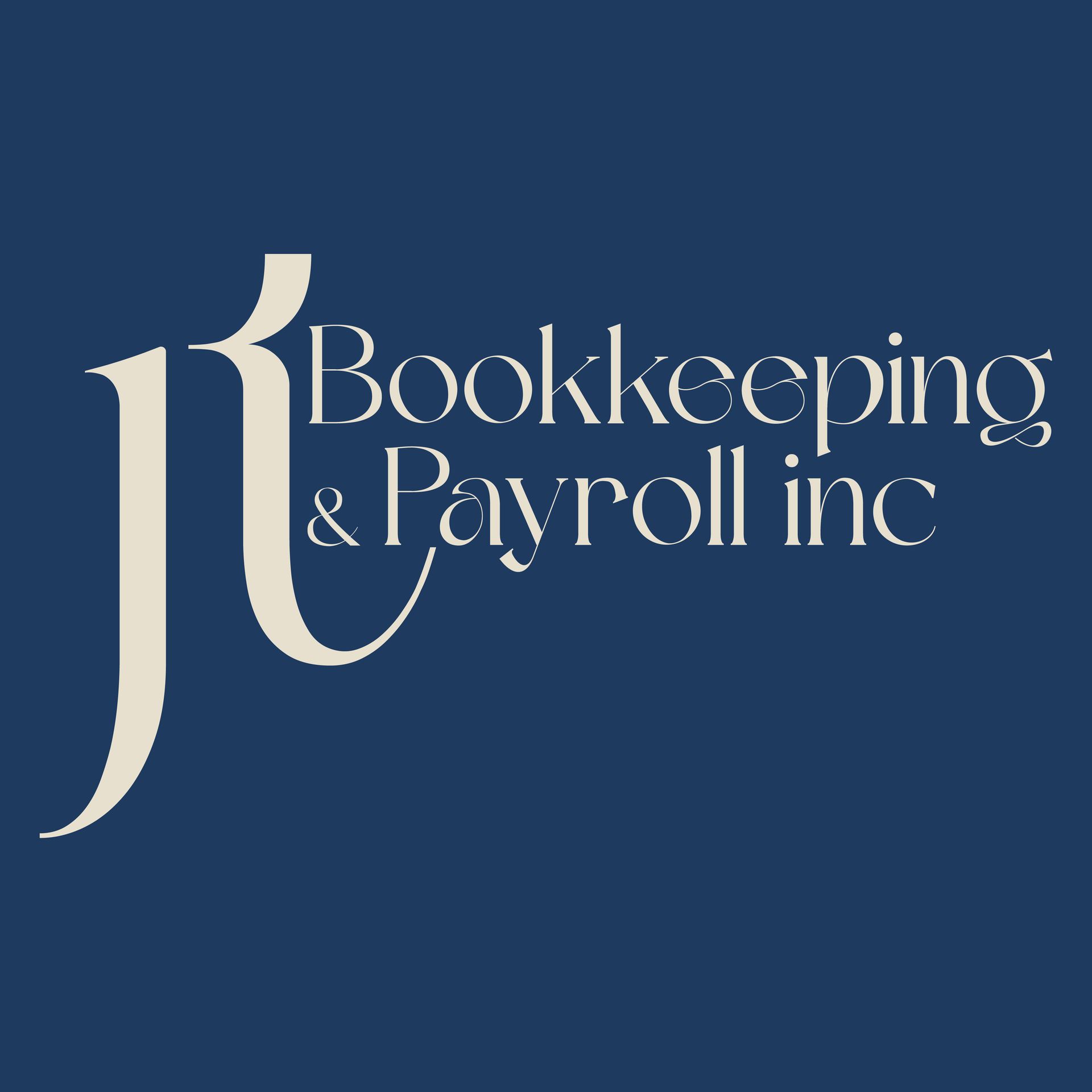Avoiding Common Mistakes During Tax Season: A Guide for Nova Scotia Residents
Understanding Tax Obligations
As tax season approaches, it's crucial for Nova Scotia residents to be aware of common mistakes that can lead to errors in their tax returns. Understanding your tax obligations is the first step in avoiding these pitfalls. Residents must ensure they are familiar with the provincial tax rates, credits, and deductions available to them.
Nova Scotia has its own set of tax regulations that differ from other provinces. Being well-informed about these can help you maximize your tax refund and minimize any potential liabilities. It's advisable to review the current year's tax changes as they can impact your filing process.

Gathering Necessary Documentation
One of the most common mistakes is failing to gather all the necessary documentation before filing. Ensure you have all income slips, such as T4s from employers, T5s for investment income, and any other relevant forms. Missing documents can lead to delays and possible penalties.
Additionally, keep records of any expenses that can be claimed as deductions. This includes receipts for charitable donations, medical expenses, and any eligible work-from-home costs. Organizing these documents beforehand will streamline your filing process.
Using Tax Software Effectively
Many Nova Scotians choose to use tax software to file their returns. While this can be a convenient option, it's important to ensure the software is updated with the latest tax laws. Double-check that it applies the correct provincial rates and credits.

Understanding Deductions and Credits
Deductions and credits can significantly reduce your taxable income and the amount of tax owed. It's essential to understand which deductions and credits you are eligible for. Common deductions include RRSP contributions and union dues, while credits may include education and tuition credits or caregiver credits.
Nova Scotia also offers several provincial-specific credits, such as the Nova Scotia Volunteer Firefighters’ and Ground Search and Rescue Tax Credit. Make sure you claim all applicable credits to optimize your return.
Avoiding Common Filing Mistakes
Simple errors like entering incorrect information, such as a wrong Social Insurance Number or misreporting income, can lead to processing delays. Always double-check your entries for accuracy before submitting your return.

Seeking Professional Help
If you're unsure about any aspect of your tax return, it might be beneficial to seek professional help. A tax professional can provide personalized advice and ensure that your taxes are filed correctly. This is especially important if you have a complex financial situation or multiple sources of income.
For Nova Scotia residents, finding a local accountant who understands regional tax laws can be an invaluable resource. They can help navigate any unique considerations related to provincial taxes.
Meeting Deadlines
Finally, it's essential to meet all tax filing deadlines to avoid late fees and interest charges. For most individuals in Nova Scotia, the deadline for filing personal income taxes is April 30th. If you owe taxes, ensure payment is made by this date to avoid additional charges.

By understanding your obligations, gathering necessary documentation, and seeking professional assistance when needed, you can avoid common mistakes during tax season in Nova Scotia. Proper preparation ensures a smooth filing process and helps you achieve the best possible outcome on your return.
